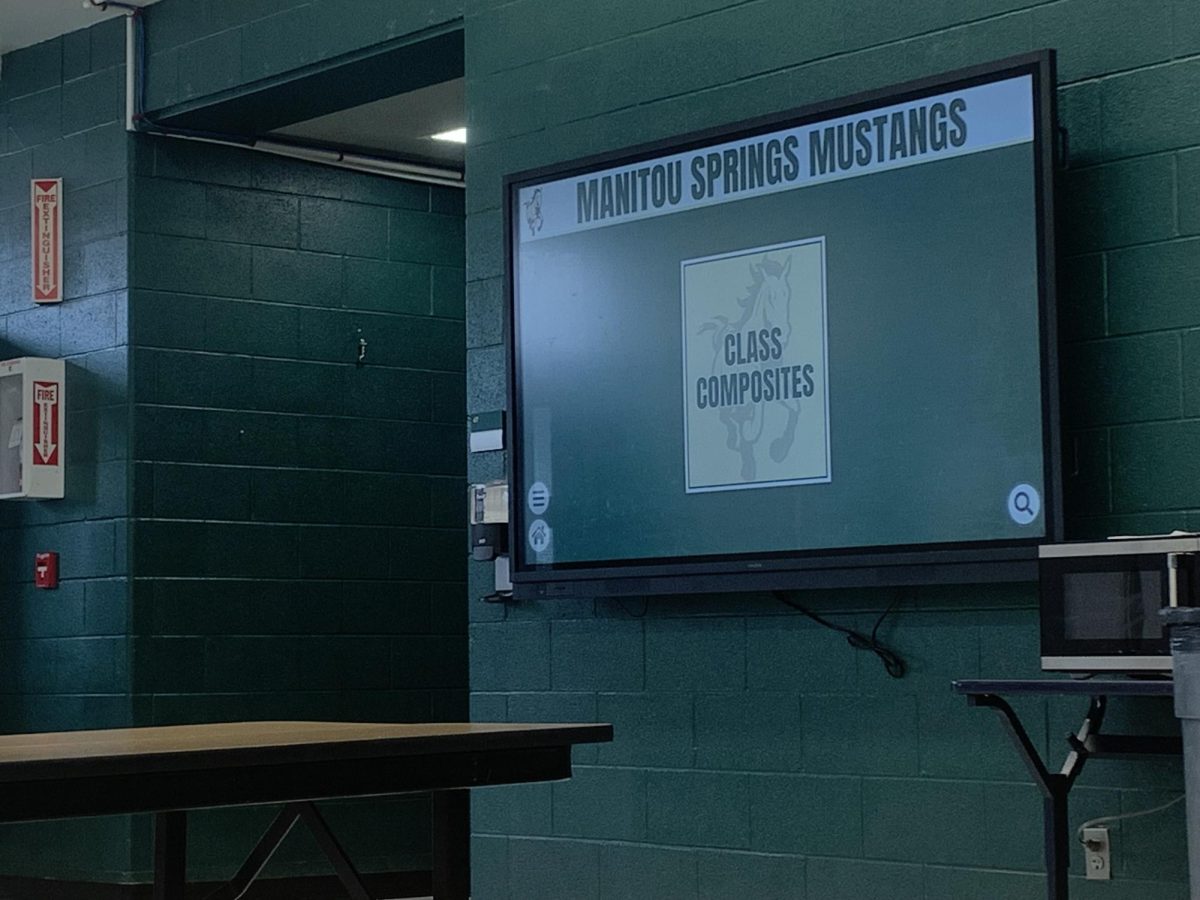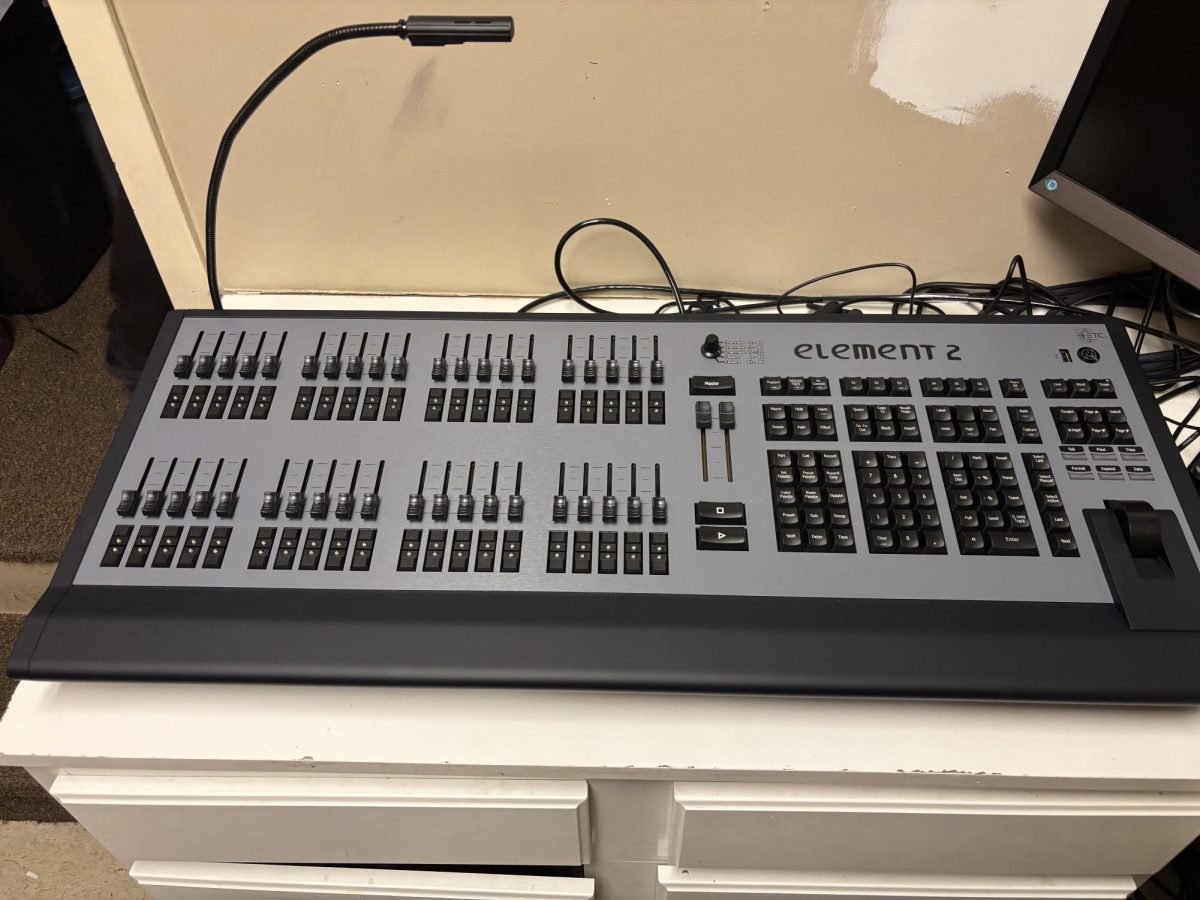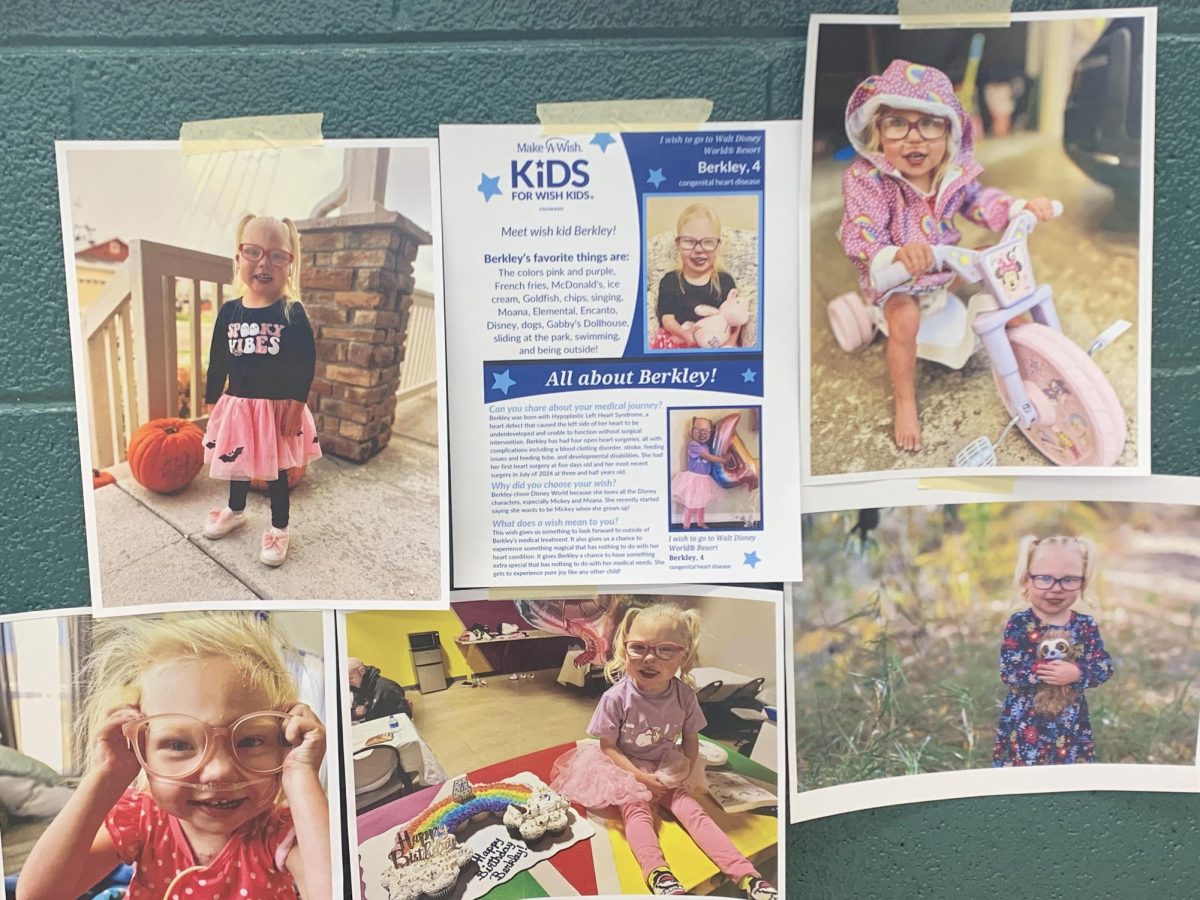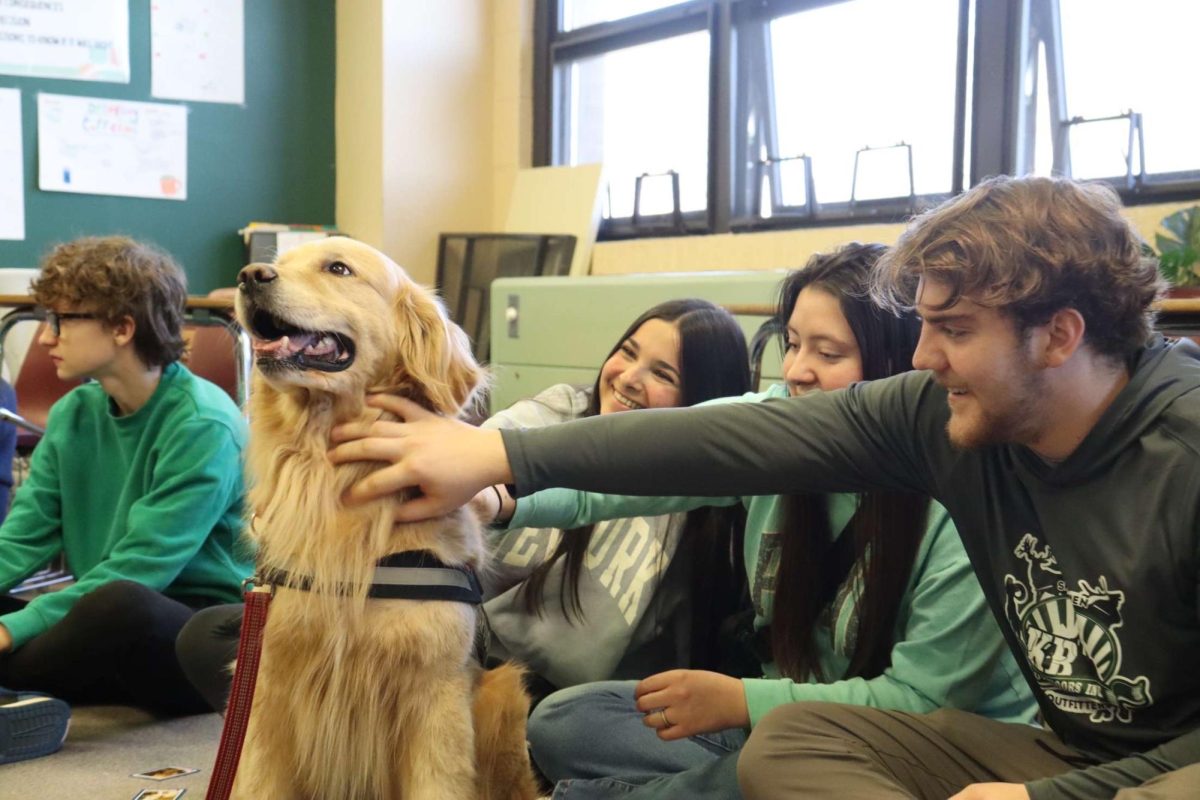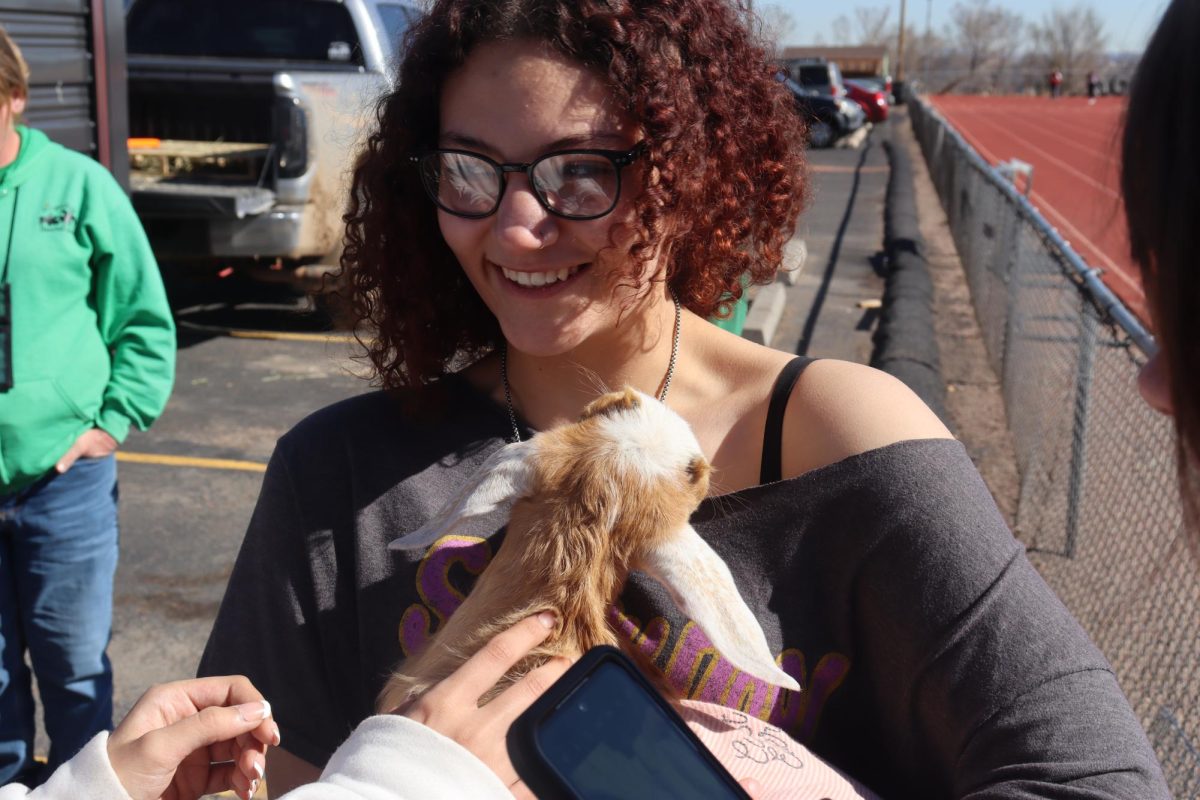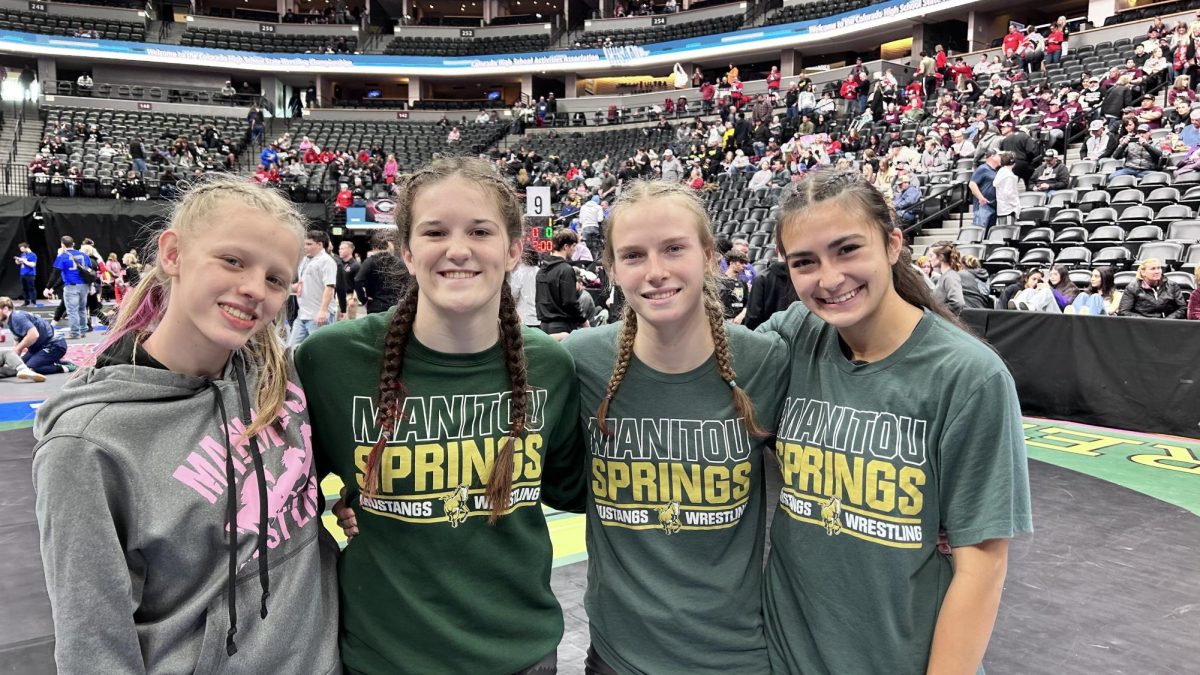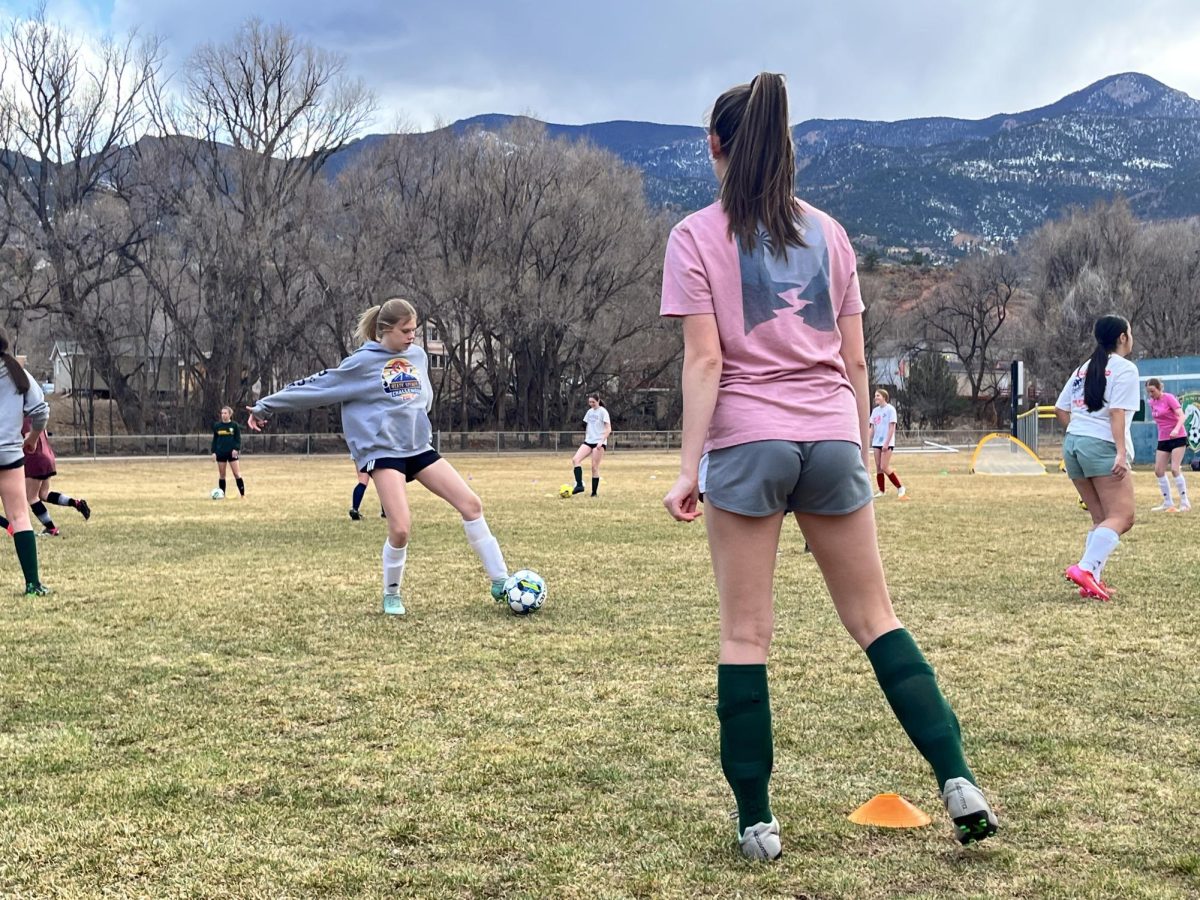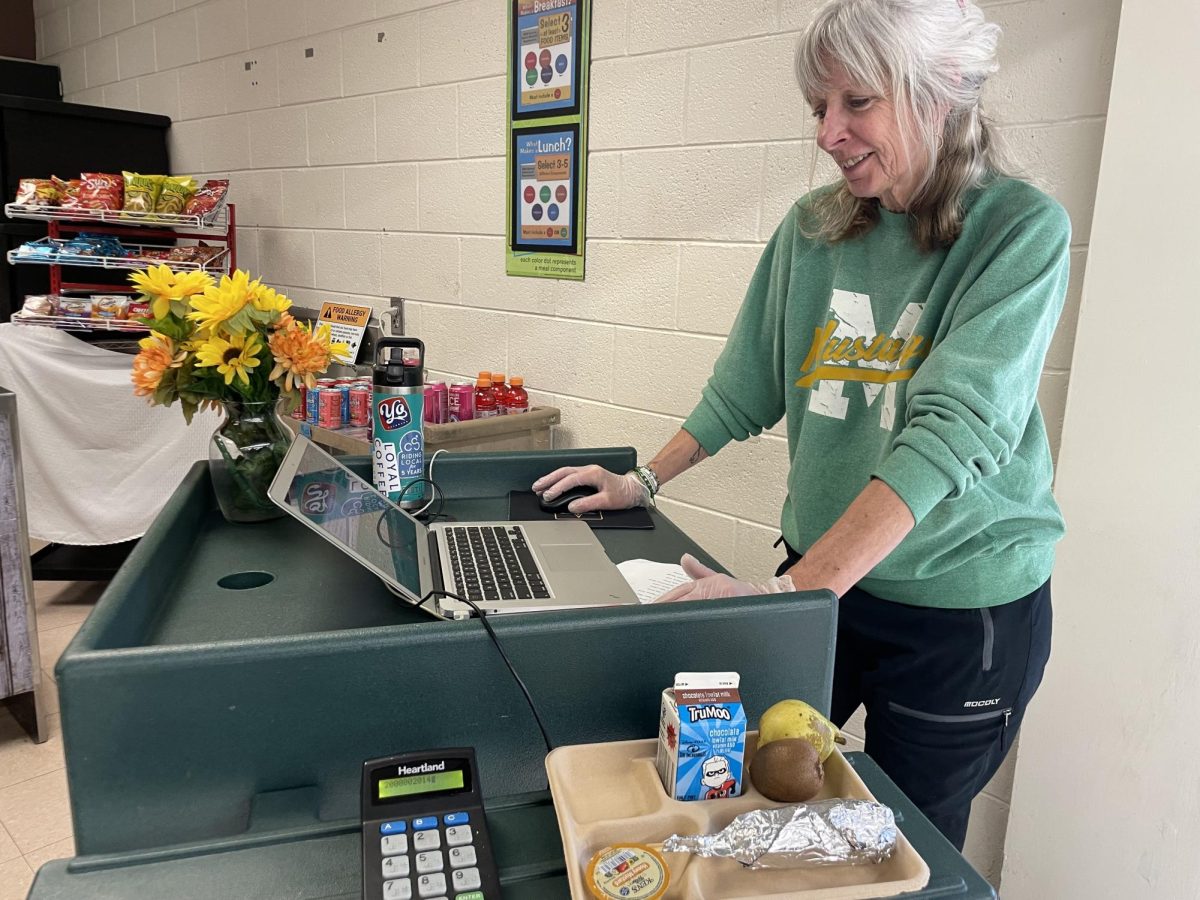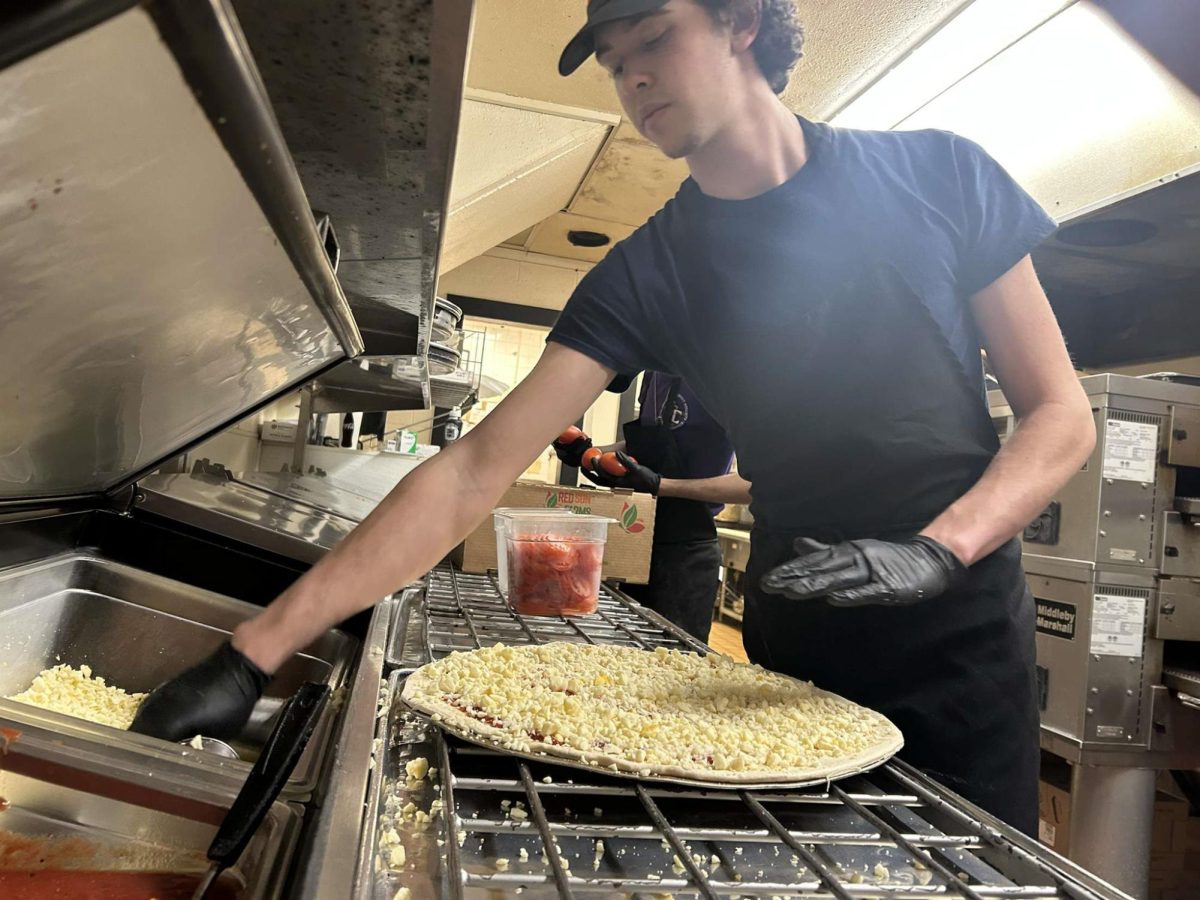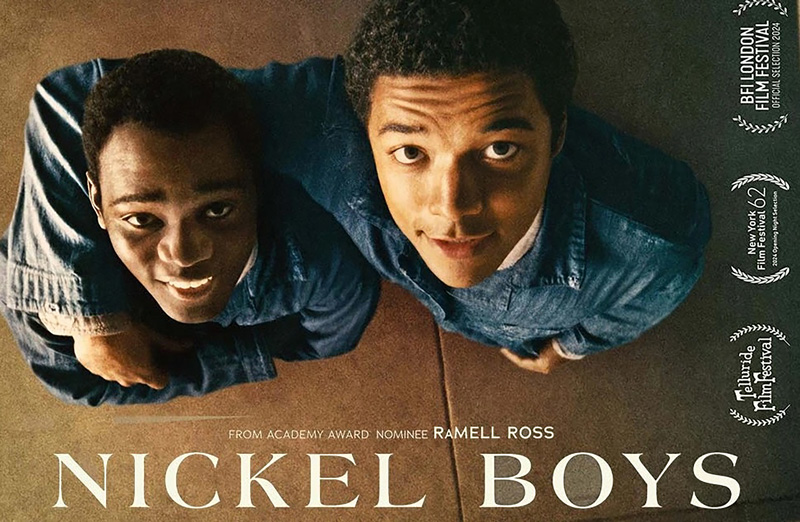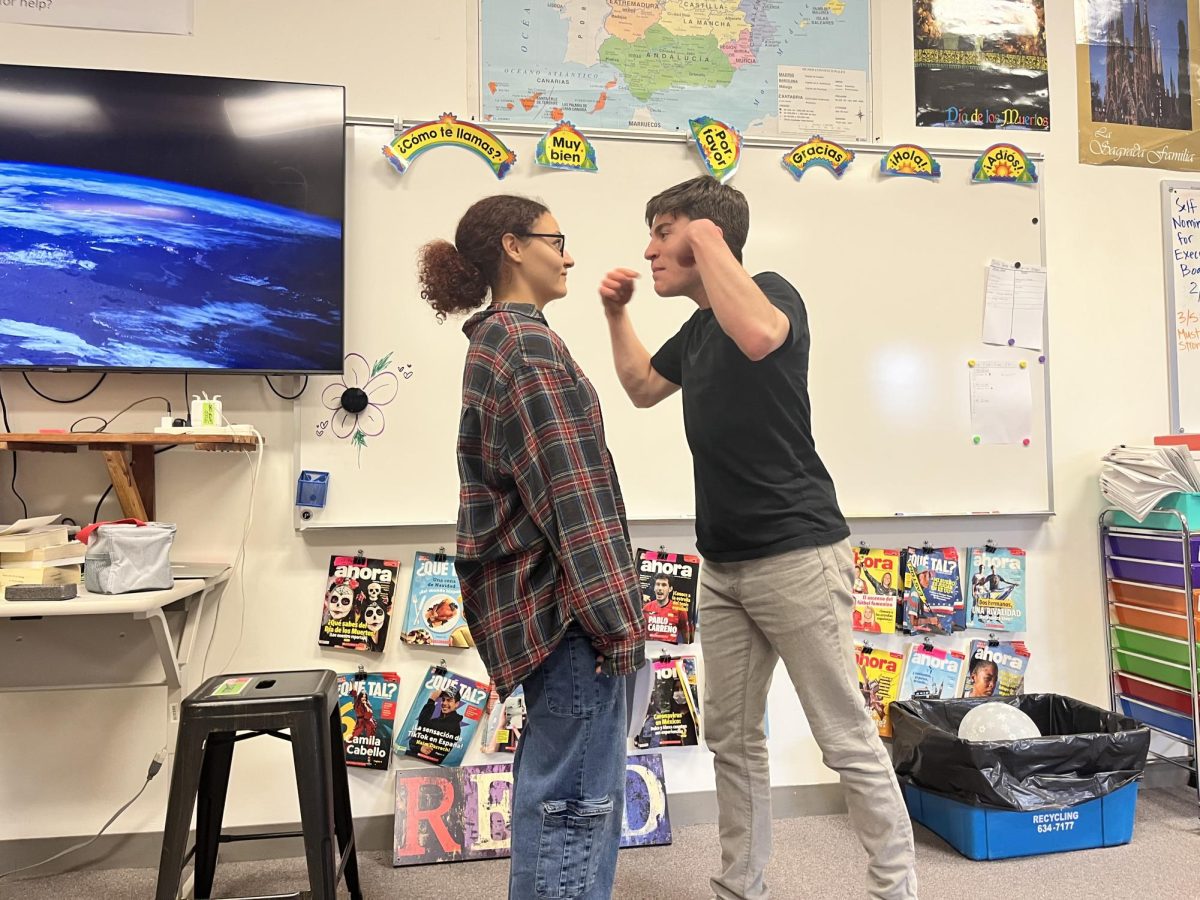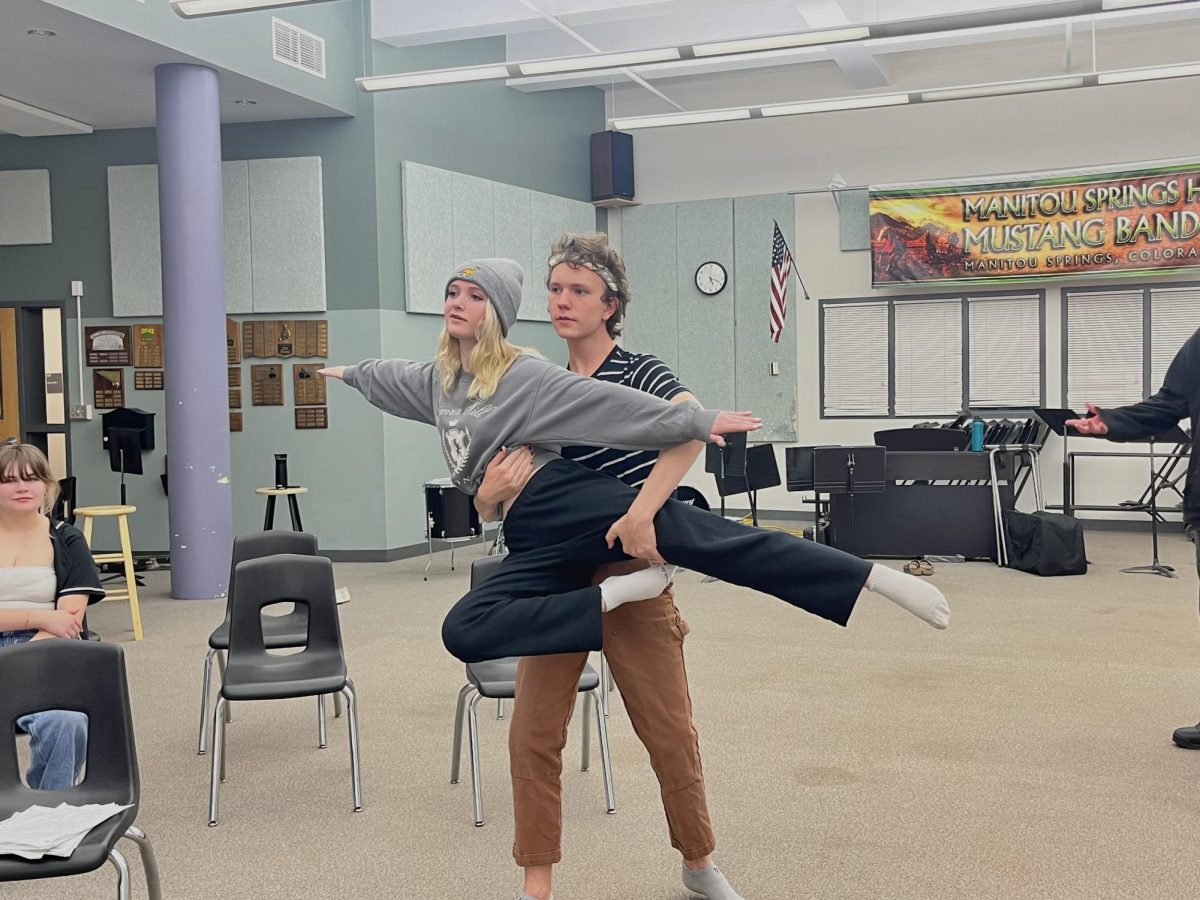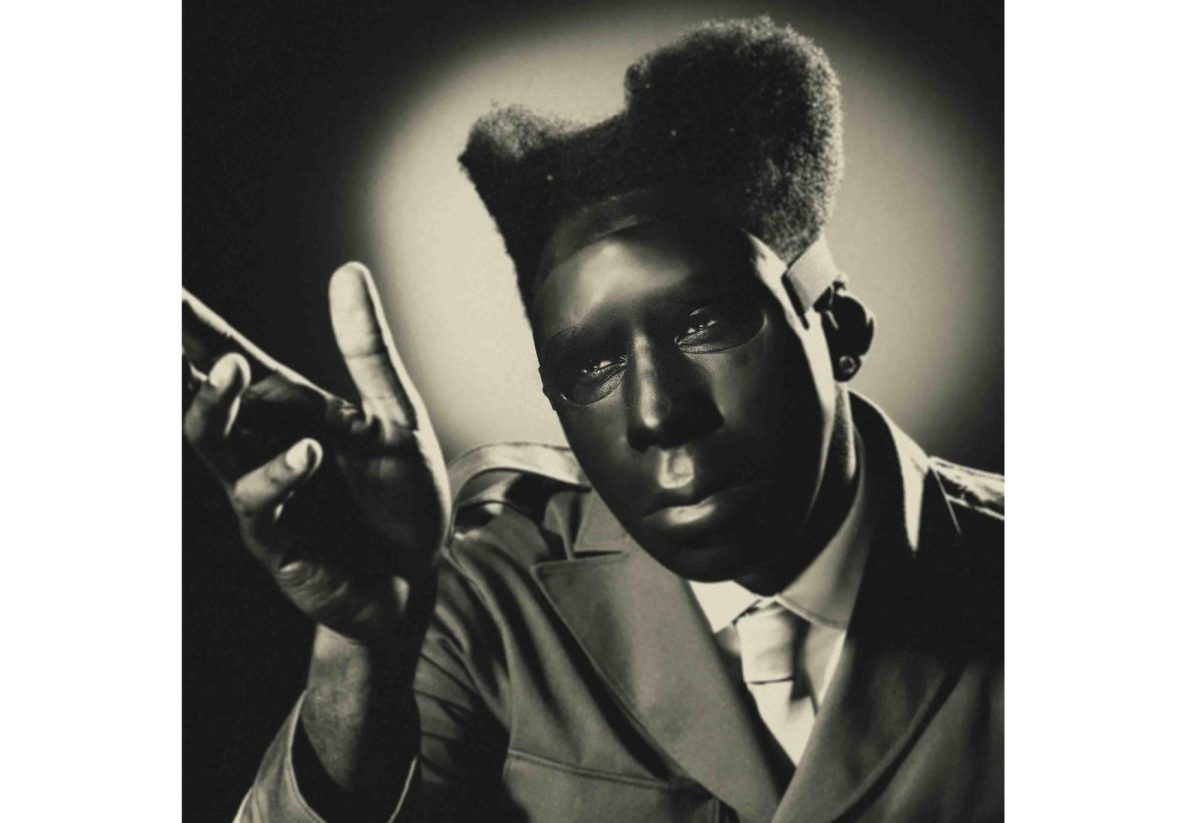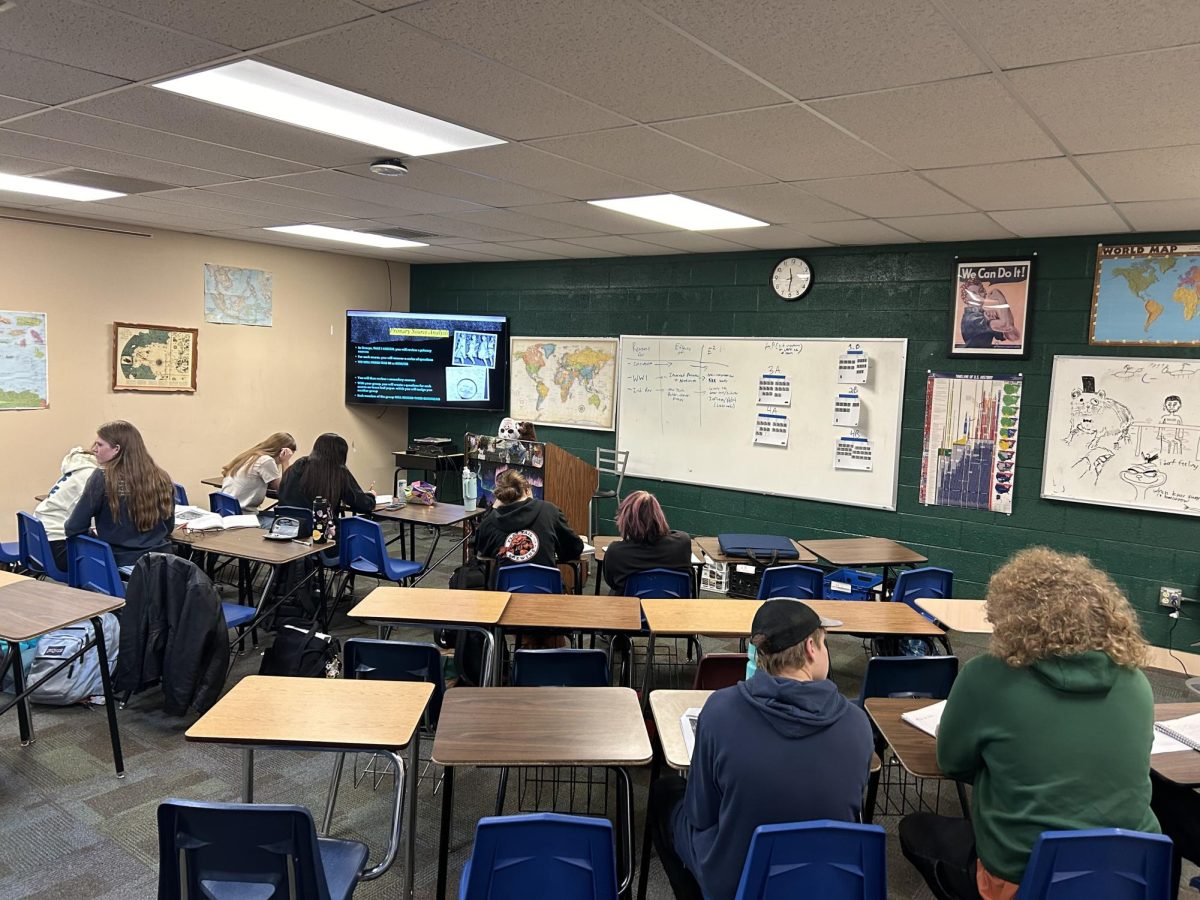High school students often stereotype junior year to be the most stressful year of high school, but also one of the best ones. This opinion stems from multiple factors, including teachers, workload, friends, relationships with others, classes and work ethic.
Brooke Ferguson (11) feels that the transition from being a sophomore to being a junior was easy because of her understanding of the school and people around her.
“For me, the transition was kind of subtle. I feel like at this point I at least know enough about the school and the teachers and how things work that it felt easier than in past years,” Ferguson said. “Junior year so far, for me, has gone pretty decently. I think that I’ve found my groove, I know who my friends are, I know who I like to talk to, and I know how to handle my classes. I feel like I’ve gotten my stuff together somewhat.”
Some changes that Ferguson has noticed so far in her junior year compared to her previous years of high school are that academically, teachers expect a faster pace of learning and a faster homework schedule.
“It might just be the classes that I’m taking, but I feel that things are expected to be on time in a much shorter period,” Ferguson said. “Homework that once might have taken a week is now expected in only a couple of days to be finished.”
Some social changes she has noticed this year are that people are more mellow and are sticking to their lanes more.
“I feel like everyone has figured out their groove more, so we’re more likely to just stick to what we’re comfortable with and what we know, rather than branching out, which is a good thing and a bad thing at the same time,” Ferguson said.
Some positives that Ferguson has noticed within being a junior are that people respect you more. On the other hand, some negatives she has noticed are that it feels like you are given less support as a junior.
“One of the negatives this year is that the expectations are higher, so it feels like you’re given less support in doing certain things, because you’re expected to know how they go and to know how to do them better, which is kind of frustrating,” Ferguson said. “Sometimes it takes more time to do stuff than it should because you’re not given the same amount of support leading into that.”
Some systems of support or guidance that Ferguson feels would be beneficial to sophomores entering their junior year are to be given more refreshers and reminders of the options and opportunities after high school.
“I feel like they front load that a lot in like, freshman and sophomore year, and then it kind of doesn’t get reiterated when it feels actually relevant to you,” Ferguson said. “In your freshman and sophomore years, it’s kind of easy to not resonate with that, or to not put the same level of thought into it as when you only have a year or two left. So I feel like it would be beneficial to have a refresher, or just kind of be reminded of that.”
Maya Scott (11) also has noticed a shift in the academic standards that students are held to.
“I feel like it’s academically kind of harder,” Scott said. “Some of my courses are harder and I feel like they’re a little bit more rigorous.”
Some other changes she has noticed within becoming a Junior are that there is more access to specialized classes, and you have more respect from teachers.
“You have access to more classes because you’ve taken prerequisites to pick different classes. I think it’s interesting, your classes are a little more specialized to people who have similar interests as you, instead of just kind of like a mix of everybody, which I think is better,” Scott said. “I also think teachers definitely have a little bit more respect for you because people mellow out and are more mature.”
While Scott feels that junior year has been harder so far, she also thinks that there are many factors that contribute to the experience that make it different for everyone.
“I think it depends on what classes you’re taking. Some people are taking two math classes, and I think that can be really stressful,” Scott said. “And I think there’s a lot of aspects like personal life as well, like some people have jobs at the same time as school, and that can make it really, really stressful.”
Some things that Scott feels have helped her so far in her current year of high school are having teachers that are more lenient and have good pacing.
“I think some teachers are a lot more lenient on turning things in later,” Scott said. “Some teachers also have really good pacing that I think makes it not very stressful because I don’t have to worry about getting things done as we all have time in class.”
Lana Kahtava (12) says that her junior year was a really good year for her academically.
“Academically, it was my best year I think I’ve had, even though it was definitely the hardest,” Kahtava said. “Junior year kicked my butt. I got a lot of A’s, but at the same time, I also almost failed my math class. It was just definitely the hardest year I’ve ever had academically.”
One of the big changes she experienced after entering her junior year was her perspective on school compared to previous years.
“Junior year was the first year that I really kicked into gear knowing that colleges look at junior year. So that was the year that I realized I really have to lock in and get everything done,” Kahtava said. “So I had a very different outlook on junior year than I’ve had any of my other previous years.”
Kahtava says that out of all her years at MSHS, her senior year has been her favorite because of the relationships she has built.
“Senior year is definitely the best year I’ve had at Manitou, because I now have stable relationships,” Kahtava said. “I’ve created a lot of relationships with people, teachers, friends, and I finally have a system to get my schoolwork done, which is awesome.”
The main factors that Kahtava feels affects a student’s experience in junior year and high school overall is the relationships that they have with their teachers.
“If you don’t communicate with your teachers, or if you don’t have a good relationship with them, you’re kind of screwed,” Kahtava said. “because there are a lot of teachers I didn’t like and I didn’t have a relationship with, and I couldn’t stand that class. But the thing I did is I communicated with them at least, and that helped a little bit.”
Some advice that she has for students who will be entering their junior year is to utilize your resources and learn more about your future career interests and follow a schedule that works for you.
“Choose classes you know you’re going to enjoy, and if you’re interested in a career opportunity, talk to people, talk to your counselors. They can definitely get you stuff to do outside of school,” Kahtava said. “Like I said, scheduling and having a schedule is so helpful. If you have a plan, write it down, but also you just have to take breaks. That’s the biggest thing for me. In junior year, I took so many breaks. I took days off because of how stressful junior year was.”
As a reflection of her full high school experience, Kahtava wishes she wasn’t in her head so much and that she had prioritized having more fun.
“Some challenges I have faced are definitely one of being too much in my head, because in reality, people are going to go and no one is going to remember something you did in high school,” Kahtava said. “So, what I wish I did for my past three years is that I had more fun, because when you look back on high school, you’re not going to remember your grades or your classes. You’re going to remember the experiences you had.”

